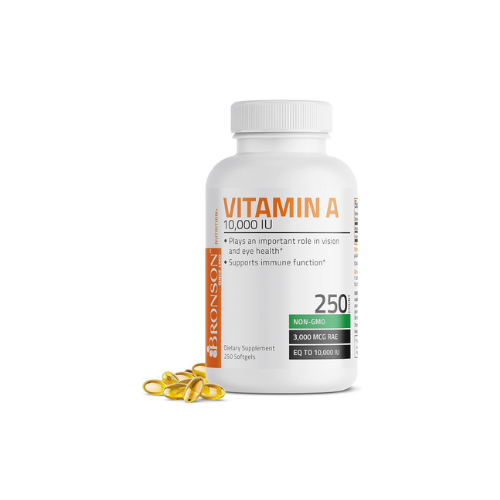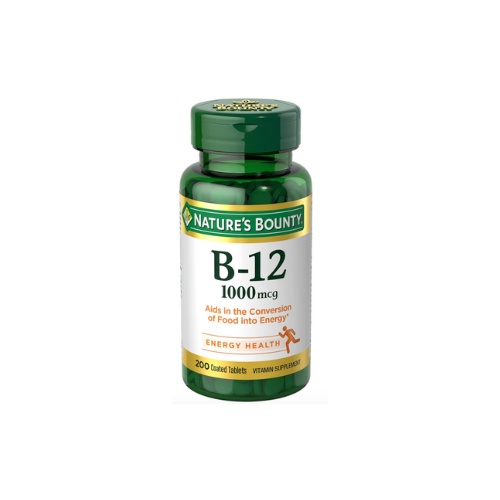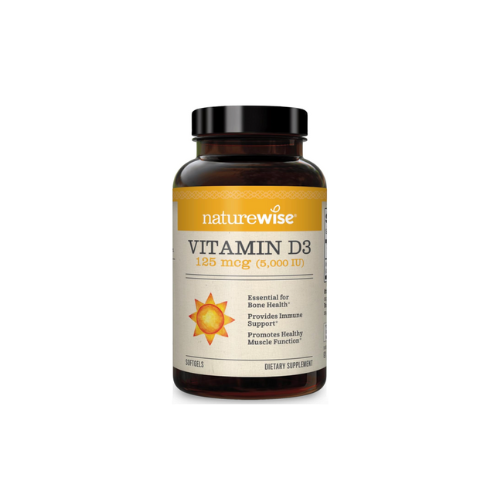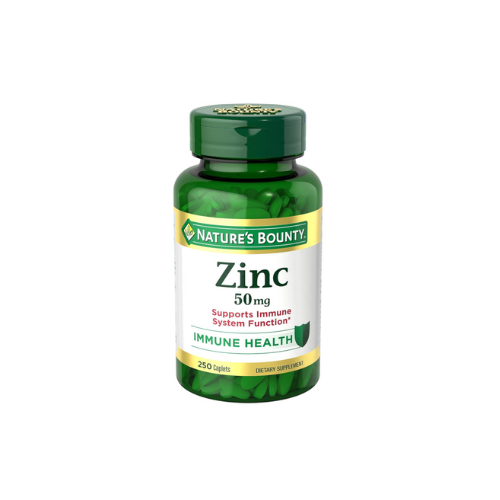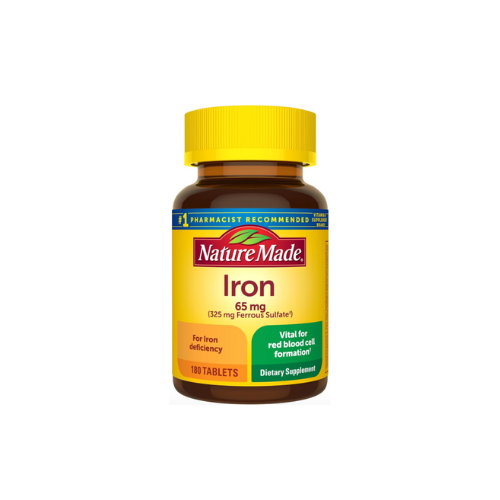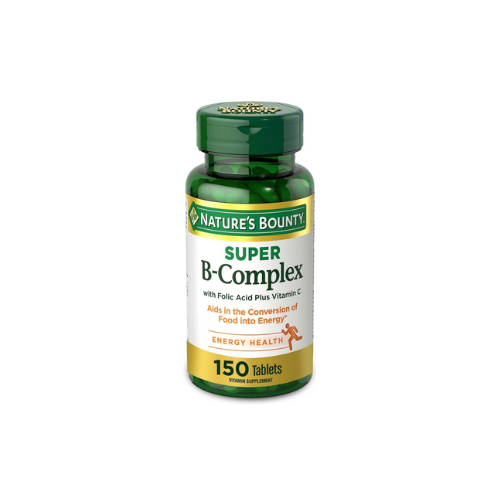Can You Take Pre-Workout on Carnivore Diet
Compatibility and Considerations
Individuals adhering to a carnivore diet often inquire about the compatibility of pre-workout supplements with their meat-exclusive nutrition plan. Pre-workout supplements are designed to enhance energy and focus, and improve performance during exercise sessions. These products typically contain a mix of amino acids, caffeine, and other compounds aimed at boosting workout intensity. The carnivore diet, characterized by an intake exclusively from animal products, emphasizes a high-protein, low-carbohydrate approach to eating, which raises concerns about the inclusion of certain supplement ingredients that may not align with the dietary restrictions.
When considering pre-workout options, individuals on a carnivore diet should scrutinize the ingredient list. It is crucial to avoid supplements containing added sugars or sweeteners, as they contradict the carnivorous protocol. Instead, one should opt for sugar-free alternatives, ensuring the product doesn't incorporate any non-animal-derived components. Supplements crafted with low-carb and high-protein constituents are often deemed acceptable, yet vigilance is advised to maintain the diet's integrity.
Understanding the Carnivore Diet
The Carnivore Diet focuses on consuming animal products exclusively, and it aims to provide essential nutrients through these sources, with an emphasis on protein and fat.
Core Principles of the Carnivore Diet
The Carnivore Diet is structured around the consumption of animal products only. The core tenet of this diet is that human beings can thrive on a diet that consists entirely of animal flesh and products, as these offer all necessary nutrients.
Primary Focus: Meat is the cornerstone of the diet, including beef, pork, lamb, and other meats.
Inclusion of Other Animal Products: Eggs, fish, and a select range of dairy products complement the meat intake.
Zero-Carb Approach: Practically no carbohydrates are consumed; even those present in dairy products are minimal.
Exclusion of Plant-Based Foods: Vegetables, fruits, legumes, and grains are excluded from this diet.
Health Benefits and Risks
Those following the Carnivore Diet may experience a range of health benefits and risks, although scientific evidence is still emerging.
Potential Benefits:
May improve metabolic markers like blood sugar levels, due to low carbohydrate intake.
Can lead to rapid weight loss in some individuals, primarily through the restriction of high-calorie, processed foods.
Potential Risks:
The absence of plant-based foods might result in limited fiber and certain vitamin intakes.
High intake of saturated fats could affect heart health, although this is subject to ongoing debate.
Common Foods on the Carnivore Diet
The diet consists mainly of animal products with high levels of protein and fat. Common food choices include:
Meats: Beef, pork, lamb, and game meats.
Fish: Especially those that are high in healthy fats, like salmon.
Organ Meats: Nutrient-dense options like liver and kidneys, providing a range of vitamins and minerals.
Eggs: A versatile food included in many meal plans for its high-quality protein.
Dairy Products: Limited to those low in lactose, such as hard cheeses and butter.
This selection of foods aims to provide the body with essential amino acids and fats necessary for maintaining muscle mass and overall health.
Nutritional Composition and Goals
When selecting a pre-workout supplement to complement a carnivore diet, one must assess the product's nutritional content—ensuring it aligns with the diet's high-protein, low-carbohydrate approach and contributes to overall nutrient goals.
Macronutrient Ratios
The carnivore diet focuses on high protein and fat intake, with a near-zero carbohydrate allowance. For a pre-workout supplement to be suitable, it should mirror these ratios. Ideally, the product's macronutrient profile will predominantly contain proteins and fats, with minimal to no carbohydrates to maintain the dietary structure focused on animal-based foods.
Proteins: Crucial for muscle repair and growth, particularly after exercise.
Fats: Serve as a primary energy source, replacing carbohydrates on a carnivore diet.
Carbohydrates: Should be absent or negligible to comply with the diet's requirements.
Essential Nutrients and Vitamins
Animal products naturally provide a rich array of essential nutrients, including vitamins A, B12, D, and minerals like zinc and iron. A pre-workout suitable for the carnivore diet should not offset this balance by introducing non-animal-based nutrients that might be unnecessary or contradicted within this dietary frame. For instance:
Vitamins: Necessary for metabolic processes, immunity, and overall health.
Minerals: Required for bone health, oxygen transport, and enzyme function.
When it comes to vitamin A, vitamin B12, vitamin D, zinc, and iron online shopping is the way to go!
Role of Fats and Proteins
Fats and proteins are pivotal in the carnivore diet for building and maintaining muscle mass, supporting overall health, and providing satiety. They should therefore also play a substantial role in any carnivore diet-appropriate pre-workout regimen.
Fats: Including saturated fats and omega-3s, are energy sources and play a part in hormone production.
Proteins: Provide amino acids, which are the building blocks for collagen and other proteins in the body.
Pre-Workout Considerations on a Carnivore Diet
Selecting the appropriate pre-workout nutrition is a pivotal factor in optimizing performance and muscle growth. On a carnivore diet, the focus is on deriving energy primarily from animal products, which can make traditional pre-workout supplementation a bit more nuanced.
The Need for Pre-Workout Nutrition
Pre-workout nutrition's primary goal is to boost energy levels and support muscle growth. Essential components often include amino acids—specifically BCAAs (Branched-Chain Amino Acids)—which help in muscle protein synthesis. A typical pre-workout might also contain caffeine for an energy surge, but it must be sourced in a way that fits within the constraints of a carnivore diet.
Adapting Pre-Workout to Carnivore Diet
On a carnivore diet, one must carefully select pre-workout options that align with the high-protein, virtually zero-carb framework:
Protein: Ensure the pre-workout contains high-quality protein, or consume a protein-rich snack, like a piece of lean meat, which serves as excellent fuel for the body.
Caffeine: If caffeine is desired, it can be ingested via black coffee, avoiding any sugar or artificial sweeteners.
Supplements: Look for supplements strictly labeled as "sugar-free" or "no added sugar" to keep in tune with the diet's principles.
Care should be taken to avoid supplements with plant-based ingredients or additives not permitted on the carnivore diet.
Timing and Quantity
The timing of pre-workout nutrition is critical:
30-60 minutes before exercise: Consume a pre-workout meal or supplement within this window to allow the body to utilize the fuel efficiently.
Quantity: A moderate portion is recommended to prevent digestive discomfort during physical activity.rotein synthesis and reducing muscle fatigue during workouts.
Remember, any pre-workout selected should complement the carnivore diet's stringent food options while still providing the necessary components for an effective workout.
Supplementation While on a Carnivore Diet
When adhering to a carnivore diet, individuals must carefully consider their supplementation strategy to maintain optimal health and compensate for potential nutrient deficiencies.
Assessing the Need for Supplements
On a carnivore diet, the primary focus is the consumption of animal products. A person must evaluate their nutritional intake regularly to determine if supplementation is necessary. Blood panel tests can provide an accurate picture of nutrient levels, indicating if supplementation may be required for optimal health.
Key Vitamins and Minerals: Regular monitoring helps identify if there is a need for vitamins like B12 or minerals such as magnesium and calcium.
Electrolyte Balance: A carnivore diet may alter the balance of electrolytes in the body, so testing can be crucial for maintaining proper levels.
Types of Compatible Supplements
Individuals on a carnivore diet looking to incorporate supplements should seek out products that align with the diet’s principles. These supplements should be free from non-animal based ingredients, added sugars, or sweeteners.
Amino Acids and Proteins: Options like collagen and creatine are supportive of muscle maintenance and growth.
Electrolytes: Supplements like sodium, potassium, and magnesium can help maintain electrolyte balance.
Note: A diligent examination of supplement labels is essential to ensure compatibility with the carnivore diet.
Avoiding Nutrient Deficiencies
To prevent nutrient deficiencies that might occur due to dietary restrictions, it is crucial to include a variety of animal-based foods. Supplements may be used to fill nutritional gaps.
Calcium: Consuming dairy products or bone meal can provide calcium, but if dairy is excluded, a supplement may be necessary.
Magnesium: Fish and bone broth are the few magnesium sources on a carnivore diet. Supplementation might be needed if intake is insufficient.
Vitamins: Fat-soluble vitamins (A, D, E, and K) are typically ample in a carnivore diet, but a vitamin B complex supplement might be considered if a deficiency is detected.
Trust me, the easiest way to buy calcium, magnesium, and vitamin B is through online retailers!
Exercise and Training on the Carnivore Diet
Incorporating an effective exercise routine on a carnivore diet can be beneficial for muscle growth and cardiovascular health. Attention to recovery processes is imperative to ensure optimal performance and reduce the risk of injury.
Muscle Building and Maintenance
Resistance training is crucial for muscle growth and maintenance within the context of a carnivore diet. Individuals often consume high amounts of protein, which is conducive to muscle repair after workouts. However, as the diet may restrict carbohydrate intake, it's important to monitor one's energy levels during training sessions. Strategies can include timing the consumption of high-protein meals or supplementing with creatine and electrolytes to support ATP energy levels.
Cardiovascular Activities and Health
Engaging in cardiovascular activities is essential to promote endurance and overall heart health. The carnivore diet allows for a variety of cardio exercises. Individuals may gravitate towards steady-state cardio, also known as Zone 2 cardio, which supports fat utilization as a fuel source and does not overly deplete glycogen stores or significantly increase appetite, a consideration vital for those on a zero-carb regime.
Recovery and Rest Days
Rest days are integral to any exercise regime, allowing for muscle repair and reduction of inflammation. Those adhering to the carnivore diet may find benefits in consuming animal-based foods rich in nutrients that support recovery. Adequate hydration, electrolyte balance, and restful sleep are also key aspects of the recovery process on this diet. Emphasizing the importance of complete and undisturbed rest days can help alleviate the stresses of an intense exercise routine.
Food Sources for Pre-Workout on the Carnivore Diet
Selecting the right food sources for a pre-workout can set the stage for optimal performance and recovery, especially on a carnivore diet. It focuses on high-quality animal proteins and fats to fuel the body's energy needs.
Animal-Based Protein Sources
Animal protein is a cornerstone of the carnivore diet, providing the essential amino acids necessary for muscle repair and recovery. Individuals may opt for steaks or ground beef, which are rich in protein and creatine, aiding in energy production for an efficient workout. Other excellent protein sources include fish, chicken, and turkey, catering to those who prefer leaner proteins yet still supply ample nutrients.
Fatty Cuts of Meat and Their Benefits
Fatty cuts of meat are not only satisfying but are also a vital energy source for those on a carnivore diet, especially for pre-workout nutrition. They provide sustained energy due to their higher fat content. Examples include:
Pork belly
Lamb chops
These cuts are beneficial because fats are a denser energy source compared to proteins, aiding in longer-lasting fuel during exercise.
Eggs and Dairy as Convenient Options
Eggs are an accessible and fast option, containing not only high-quality protein but also choline, which supports metabolism and muscle movement. Full-fat dairy products such as cheese and heavy cream offer convenience and are suitable for individuals incorporating low-lactose dairy options. These food items can be included for variety and added calcium, which plays a role in muscle function and bone health.
Impact on Performance Goals
The inclusion of pre-workout supplements in a carnivore diet can influence an individual's performance objectives. This section assesses how pre-workout intake aligns with goals such as weight loss, muscle gain, energy optimization, and overall fitness targets.
Weight Loss and Muscle Gain
In the context of a carnivore diet, pre-workout supplements that are sugar-free can support weight loss by avoiding unnecessary carbohydrates that could lead to fat storage. On the muscle gain front, choosing pre-workouts with high protein content can complement the high-protein nature of the carnivore diet, thus aiding in muscle synthesis and growth.
Energy Levels and Mental Clarity
For individuals on a carnivore diet, pre-workout supplements without added sugars or artificial sweeteners can help maintain steady energy levels without the energy crashes associated with high-sugar alternatives. The simplicity of ingredients may also favor mental clarity, by potentially reducing the brain fog that some individuals might experience due to blood sugar spikes.
Tailoring Diet to Fitness Goals
When one’s fitness goals necessitate adaptations in their diet, selecting a pre-workout that aligns with the carnivore diet’s principles is crucial. For optimal health benefits and performance enhancement, one should ensure their supplements are devoid of plant-based ingredients if strict adherence to the diet is desired.
Special Considerations for Athletes
When athletes consider a carnivore diet, they must prioritize dietary adjustments for peak performance, seek guidance from healthcare professionals, and tailor the diet to their specific athletic needs, focusing on nutrient-dense foods to support their high-energy demands.
Dietary Adjustments for High Performance
Athletes on a carnivore diet need to ensure they consume sufficient calories and nutrients that are conducive to high performance. A focus on nutrient-dense foods—such as high-quality meats, eggs, and certain dairy products—is essential. Optimal nutrient intake must support muscular development and recovery. Athletes may consider timing their meals, including pre-workout nutrition, consisting of high protein and fat at least 2 hours before exercise to sustain energy levels during athletic training and events.
Consulting Healthcare Professionals
Before any dietary changes, consulting with healthcare professionals, including a registered dietitian, is crucial. They can provide specific guidelines to ensure an athlete's diet is balanced and health-centered. For instance, a dietitian might address potential micronutrient deficiencies by recommending certain animal-based sources rich in necessary vitamins and minerals. Healthcare professionals can also monitor health markers to ensure the diet is not adversely affecting the athlete's well-being.
Personalizing the Diet for Athletic Needs
Each athlete's body responds differently to dietary adjustments, making personalization key. Factors to consider include the type and intensity of the sport, individual metabolism, and energy expenditure. Aligning the carnivore diet to their athletic goals may involve adjusting macronutrient ratios, with a particular emphasis on protein and fat intake for energy and recovery. Athletes should periodically reevaluate their diet's effectiveness with a healthcare professional and make adjustments as necessary to maintain optimal performance levels.
Conclusion
When considering the addition of pre-workout supplements to a carnivore diet, individuals must assess their ingredients to ensure compatibility. Pre-workout supplements that are low in carbs and devoid of plant-based components align with the restrictive nature of a carnivore diet, consisting mainly of animal products.
For those focusing on holistic health and sustainability, selecting pre-workouts with minimal additives and artificially derived substances is essential. Sustainability in the context of diet often refers to the environmental impact of food choices; hence, pre-workout supplements should also reflect this value.
It's crucial for individuals to align their supplement intake with personal health goals, such as muscle growth or increased endurance. The carnivore diet itself can provide a substantial amount of energy, and any supplementary products should be taken with a clear understanding of their role and necessity in one's health regimen.
In summary, the key points to consider are:
Check for low-carb content in pre-workouts.
Ensure absence of plant-derived ingredients.
Choose products that support the sustainability of a carnivore diet.
Align pre-workout supplements with one's personal health goals.
By adhering to these guidelines, an individual can make informed decisions on integrating pre-workouts into a carnivore diet without compromising dietary integrity or personal health objectives.


